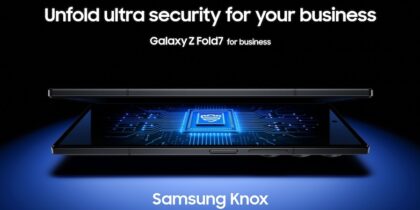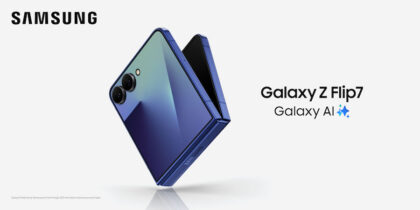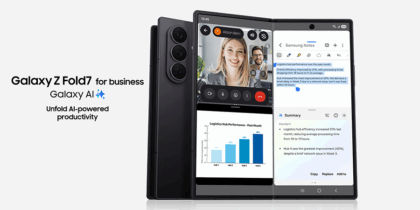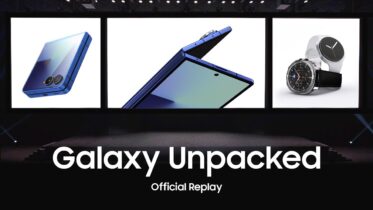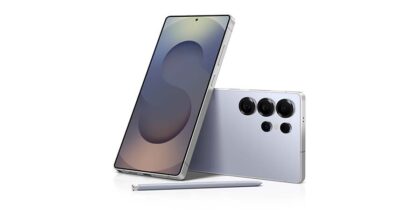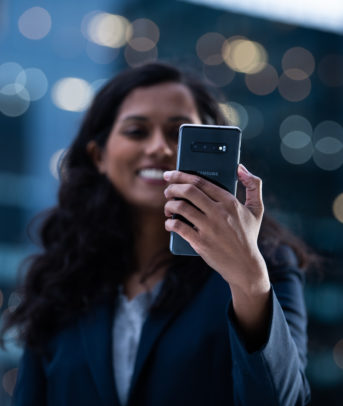Do you want to improve end-user computing in your company? Maybe save some money along the way, and improve security as well? I have a simple answer for you: get rid of your desktops and laptops, and switch to Samsung DeX. You won’t lose functionality, but you’ll gain happier users, simplify your IT management, and improve security. Oh, and you’ll cut your CapEx and OpEx costs as well.
Sound compelling? Read on.
(If you want to read more about the functionality of DeX for your workers, I recently blogged about that, too.)
Streamline Your Devices
Sometimes, less really is more. You’re already managing laptops/desktops, and you’re managing smartphones (at least I hope you’re managing your smartphones!). Assuming your users have both laptops/desktops and smartphones, get rid of the laptops/desktops, and you have half the things to manage. Users will still get all the applications they want, but IT has to do less to buy, secure, train and maintain end-user computing hardware.
Not only will you cut back on the devices to worry about, but the Samsung smartphones and tablets will be easier to manage. One way to measure how much simpler is to look at prices for managing desktop PCs versus mobile devices. According to outsourcer InhouseCIO, a desktop will cost between $50 and $150 a month to support, while a mobile device: only $20.
Embrace the Next Mobile Economy
Get this free report on how to realize the potential of mobile in your business. Download Now
What If You Still Need to Access Windows Apps?
Some organizations will need to have some kind of VDI infrastructure running for users who need Windows desktops, or who need time to make the complete transition to Android. But it takes a lot fewer people to manage 1,000 Citrix or VMware desktops in a data center than it takes to manage 1,000 Windows PCs spread out all over the company — so even if the transition is gradual, you’ll be saving immediately.
The transition to mobile-only with DeX won’t happen overnight or all at once. This will be a progressive journey, step by step, for any organization. But I can tell you that the further you go down the path of unifying behind a mobile-only computing strategy, the more benefits you’re going to see.
Knox Security Is Better Than Ever
DeX builds on the security of Samsung Knox. We’ve worked hard over the last five years to make Knox the leading mobile security platform — which translates into better security when using DeX. When you plug into a HDMI adapter and activate the DeX platform, you’re greeted with more than just a desktop experience — you’re also working with desktop-level (or, more likely, superior) security.
No Need to Change Your MDM/EMM
More than likely, you already have a Mobile Device Management or Enterprise Mobility Management (MDM/EMM) solution installed, for managing your smartphones and tablets. Take advantage of that, because your existing MDM/EMM solution is now able to manage all of your DeX-capable devices. All you have to do to get started is get some HDMI adapters to go — there’s no new software to deploy and nothing special you need to do, because the DeX platform is already built into our Samsung Galaxy smartphones (and one of our tablets).
Samsung is committed to DeX, and I’m personally focused on bringing DeX to our enterprise customers. When we introduced DeX with the Galaxy S8 series, we also laid out a roadmap to ensure that DeX management is enterprise-ready. For example, with DeX management tools, you can limit applications based on context: when using your smartphone normally, you might have Microsoft Office, email, and Facebook available, but when you’re in DeX mode at your desk, social networking applications such as Facebook might be disabled. IT has that choice. DeX controls are exposed through our Knox APIs, which means that MDM/EMM vendors can easily add them.
Your end users are already using their Samsung smartphones and tablets to get stuff done. With DeX, you can further increase their productivity and help simplify your IT management experience.
Learn more about the new super powerful Galaxy Note9 and Samsung DeX.



